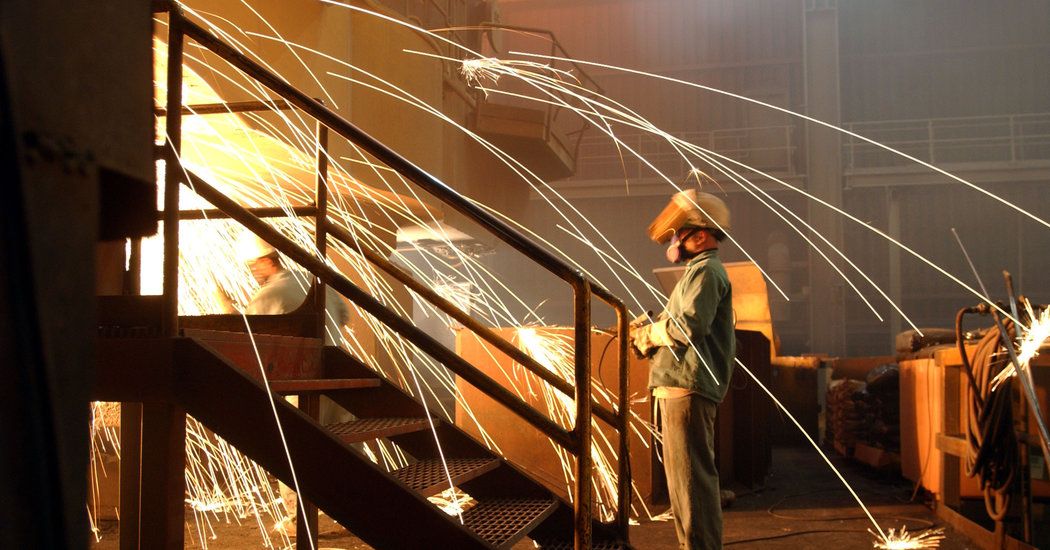Even in the best case, automation leaves the first generation of workers it displaces in a lurch because they usually don’t have the skills to do new and more complex tasks, Mr. Acemoglu found in a paper published in May.
Robert Stilwell, 35, of Evansville, Ind., is one of them. He did not graduate from high school and worked in factories building parts for tools and cars, wrapping them up and loading them onto trucks. After he was laid off, he got a job as a convenience store cashier, which pays a lot less.
“I used to have a really good job, and I liked the people I worked with — until it got overtaken by a machine, and then I was let go,” he said.
Read more
